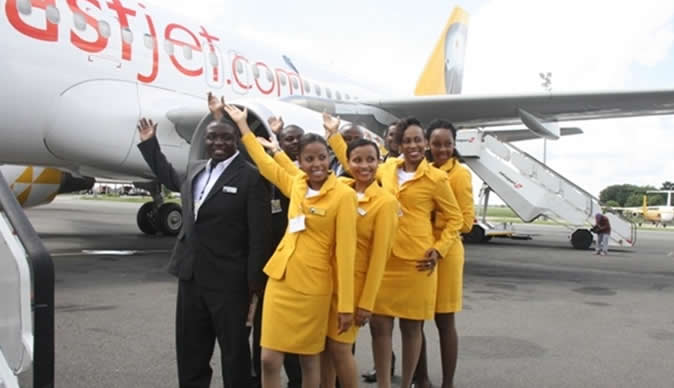Banks failure to exhaust forex allocations explained
FINANCIAL institutions participating in the weekly wholesale foreign exchange auction continue to struggle to exhaust the allocated United States (US) dollar at the auction with economists attributing the development to the shortage of local currency to buy forex following measures put by the Government which has seen the market mopping up excess liquidity.
Since the establishment of the wholesale forex exchange as a way to fine-tune the system, the platform has seen the Reserve Bank of Zimbabwe (RBZ) offering banks about US$20 million weekly.
However, banks only buy a maximum of about US$11 million, an indication that banks are failing to exhaust the offered amount.
This week, US$20 million was on offer with US$14,5 million worth of bids acceptable with US$7,9 million allotted.
A total of 16 bids were received and six were allotted.
On 20 July, RBZ availed US$20 million and US$5,7 million was allotted to 13 banks. Again, on 18 July, US$11 million was allotted from US$20 million offered.
US Dollars
Economists have attributed the development to the shortage of local currency to buy forex following the measures put by the Government in May, which have seen the market mopping up excess liquidity.
Some of the measures include the use of local currency to pay for fees and service charges at public institutions, fine-tuning of the forex auction and retention of domestic foreign currency transactions.
The measures have promoted the use of local currency, which has seen its demand grow hence its strengthening.
“The shortage of the Zimbabwean dollar is reducing the demand for the US dollar. There isn’t enough local currency to buy the US dollar on the auction. Banks act on behalf of the demand of their customers and as at present their customers do not have enough local currency,” said an economist Mr Morris Mpala.
Confederation of Zimbabwe Retailers (CZR) president Mr Denford Mutashu said the central bank has also managed to sustain the tight monetary measures.
“Most companies actually do not have the local currency and as such some are being forced to liquidate the US dollar to meet local currency obligations,”he said.
The local dollar has been gaining value at both formal and parallel market.
The black-market rate, which had gone as high as US$1:ZWL$10 000 in the past few weeks is now ranging from ZWL$6 000 to ZWL$8 000 for US$1 while the official rate stands at US$1:ZWL$4 505 from a peak of close to US$1:ZWL$ 7 000. —chronicl











